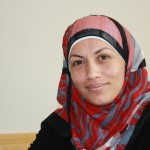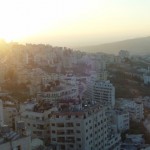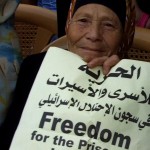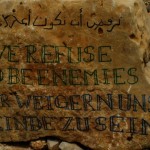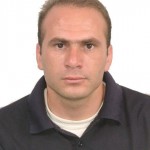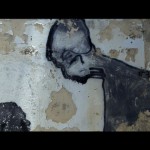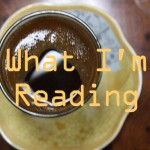
CPTnet Volume 36, Issue 3
A newsletter written by members of the Christian Peacemaker Teams
This autumn, a local businessman alerted three CPTers to the presence of a group of soldiers outside the Ibrahimi School, located in the heart of the Old City.
Upon arrival, the school principal informed CPT that a settler boy, around seven years old, had accused two Palestinian boys from the Ibrahimi School of throwing a rock at him.  Soldiers wanted to enter the school with the settler child to identify and arrest the Palestinian boys, and the school principal responded by saying they would first need to get
permission from the Palestinian Minister of Education.
Over a period of three hours, fifty Israeli soldiers, twenty settlers and Israeli police gathered outside the school. When the Palestinian Ministry of Education told the soldiers that they could not enter the school, the Israeli army disregarded his decision and entered the school with the settler boy in tow.
Two Palestinian boys under the age of eighteen were arrested in front of their peers and taken to the local police station. The Israeli army and police informed the Minister of Education that these arrests were necessary for “maintaining the peace,” because the group of settlers gathered outside the school had threatened to remain and harass the school
children if the police did not arrest the Palestinian boys.
Over the years, people on the Hebron team have witnessed settler children attack Palestinian children many times, and to the best of our knowledge, no police officer has ever taken a Palestinian child into an Israeli school to point out his/her attackers.  Indeed, when adult Palestinians and internationals provide documentation of settler children attacking Palestinian children and adults, police and soldiers usually dismiss them rudely.
The Ibrahimi School incident not only shows the lack of impartiality on the part of the police, but also that settler accusations supersede preserving the educational environment of Palestinian children.
The entry of soldiers into educational institutions signifies to children that schools are not safe places for them, thus creating further barriers to education.
The young settler boy that made the rock throwing accusation was prompted by his father and other adult settlers to demand entry into the Ibrahimi School during school hours. Settler adults brought a number of settler children with them to the school and refused to obey the soldiers instructions for children to leave the scene.
Children need safe environments where they can learn and grow. Unfortunately, what CPT observes here in Al-Khalil is that children, both Palestinian and Israeli, are not being brought up in a spirit of love or respect for others.
The Israeli authorities in this area are not preparing children for a life of peace, tolerance, and equality — a life that all children deserve.
For footage of the Ibrahimi school incident, click here
